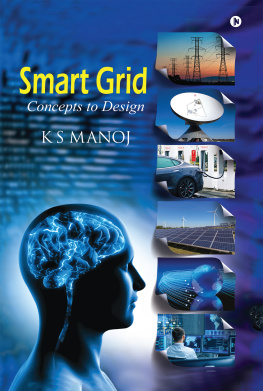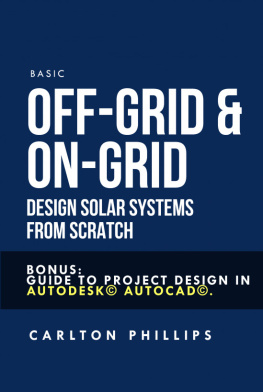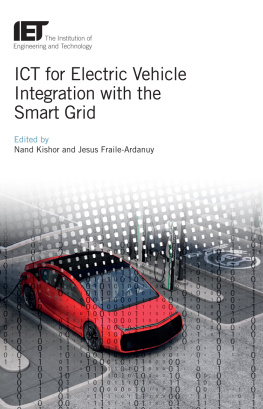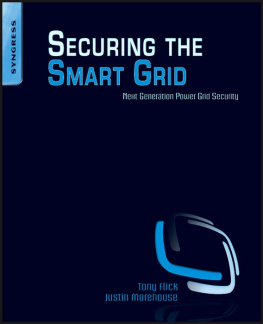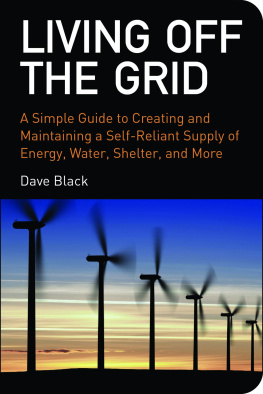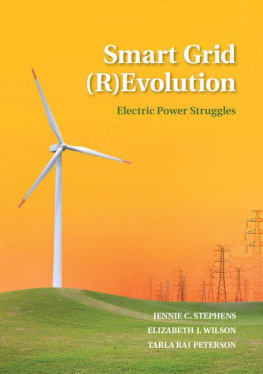

Notion Press
Old No. 38, New No. 6
McNichols Road, Chetpet
Chennai - 600 031
First Published by Notion Press 2019
Copyright K S Manoj 2019
All Rights Reserved.
eISBN 978-1-64678-000-6
This book has been published with all efforts taken to make the material error-free after the consent of the author. However, the author and the publisher do not assume and hereby disclaim any liability to any party for any loss, damage, or disruption caused by errors or omissions, whether such errors or omissions result from negligence, accident, or any other cause.
While every effort has been made to avoid any mistake or omission, this publication is being sold on the condition and understanding that neither the author nor the publishers or printers would be liable in any manner to any person by reason of any mistake or omission in this publication or for any action taken or omitted to be taken or advice rendered or accepted on the basis of this work. For any defect in printing or binding the publishers will be liable only to replace the defective copy by another copy of this work then available.
To
My father Sri. A.M.Kumaran
and my uncle Sri. R.Rajan.
Though time have swept them away, their
fond memories remain with me forever.
Acknowledgements
A relaxed mind and inspiring friends are most needed to have a tireless body to write a technical book. Hence the availability of technically cognizant colleagues and friends who are willing to spend time both to discuss complex technical matters and suggest remarks on the structure and sections of this book, are of great advantage to the author. Else it would be a fretting bustle. Hence, first and foremost, let me contemplate over the kindness of the Almighty for giving me the opportunity and ambience to write this complex technical book. I also remember my parents with respect and sincerely thank all my friends, colleagues and classmates who helped me with many technical debates and especially for reading and commenting on presentation of particular sections of this book. Due to the IT and OT clash within the industry, my perspectives often turned the discussions into arguments with my IT counterparts. However almost always, we came to the conclusion that we were actually arguing for the same thing, by realizing the fact that we use different terminology and observe the problems through different lens. Hence many parts of this book was written through compromise and cooperation with my colleagues and friends with the hope that it will be beneficial to many IT and OT technocrats who are engaged in the endeavor of building the secure Smart Grid.
At this moment of completion, I do recognize the remarkable support of my wife Dr. Shreelekshmi and my sons Harishankar and Harikrishnan . I express my gratitude for the spiritual and ethical support of Swami Rithmbarananda of Sivagiri Mutt without which this attempt would have not been materialized. I also remember my cousins especially Sri.V.S.Ram Mohan, Sri.V.S.Madan Mohan, Sri.Saji Natarajan, Sri.R.Ranjith, Smt. D.Bindu. and Sri.K.S. Jayamohan, for their genuine love and support which have also been very crucial in non-academic aspects. Sincere thanks to my brother-in-law Maj.G.Chitharanjan for his encouraging words and support. The support and contribution of Er.Roopak.S of Wyanadu is appropriately acknowledged.
Most of my writing time was squeezed into spare moments in evenings or weekends that should have been spent for amusement or sightseeing. My thanks goes, therefore, to KSEB Ltd and my collegues at Wyanadu, especially Er.Saji Poulose, Er.Arun Raghavan, Er.Vipin C Chacko, and Er.Sijeesh K.N for encouraging and engaging me in writing with a pleasant mind-set of creativity. Beyond all these, illimitable gratitude and appreciation to my classmate and intellectual friend Smt. Ananda Parvathy T.G for knowledge sharing, her sustained enthusiasm and perseverance for carrying out the content and copy editing of this multifarious manuscript which helped me to complete the book within the anticipated time. I also express my most respectful gratitude to all my professors, especially Prof. S.Suryadas, Prof. P.Saraswathy, Dr. P.Sethumadhavan, and Dr. V.Ajayakumar for their blessings, motivation and faith in me. The support of the Ganesholsava Trust especially the blessings of Sri.Bhuvananji , is also duly acknowledged. My sincere thanks to Notion team especially to Smt. Sneha Mathew , Smt. Agantuk Panwar and her colleague Sri. S.Aravind for their support and co-operation on this project. If some names got missed out then that could be only due to an oversight and not by intention. Finally I dedicate this work to my father Sri. A.M.Kumaran and my uncle Sri. R.Rajan with profound affection and respect.
In spite of all my efforts, there may be quite a few errors remaining in the book, and there would have been many more. Without the help of the expert reviewers, they may not be corrected and any suggestions for improvement of this book are always welcome. The author will be definitely privileged, if the readers get the intended sense which is the sole aim of this effort.
K S Manoj
Authors Note
It is a fact, that the present power grid is undergoing a digital transformation and the end result will be the Smart Grid which is going to be the biggest revolution in the upcoming decades. In order to implement these technological and social changes, electrical engineers who are presently engaged in the power sector, especially in the transmission and distribution area, and the Electrical Engineering students who are intended to be a part of the evolving Smart Grid technology, a basic but essential understanding of grid connected renewable energy, Smart Grid concepts along with power quality, smart transmission and distribution, AMI, network security, Smart Grid protocols, interoperability, etc. are most indispensable.
While closely working with power system automation, it has been understood that the electrical engineers and the ICT professionals move forward parallel and hard to converge in attaining the desired goal as their domain of expertise are entirely different. Hence this book is mainly intended to reconcile the aperture between the fields of Power System Engineering and Information Technology to fast track the Smart Grid realization. Further to equip Power System Engineers and Electrical Engineering students with the basic concepts required to design and implement a secure Smart Grid. Power sector being a super critical infrastructure of a Nation, the security especially cyber-security of the Critical Infrastructure must be given utmost importance. Hence emphasis has been given to describe the communication technology with necessary cyber-security features.
This book is also written with the intention to cover the curriculum of both under graduate and post graduate program in Smart Grid Technology of many universities in India and abroad. Another objective of this book is to equip the readers with a working knowledge of fundamentals, design tools, Smart Grid research methodology, and various solutions to the critical issues in the development and deployment of the Smart Grid. The material presented in its ten chapters is an outgrowth of numerous talks, seminars, training, and industry debates on how to transform the present grid to Smart Grid.
The major challenge of this endeavour was to bring out the diversified technologies like Smart Grid Concepts, Advanced Metering Infrastructure (AMI), Power Transmission, Power Distribution, Renewable Energy Sources (RES), Power Quality (PQ), Power System SCADA (PSS), secure M2M Communication and Computation, Smart Grid Protocols, Physical-Cyber-Security, Big Data Analytics, Energy Storage, Electric Vehicles, etc. under a single umbrella in a succinct but palatable manner to both power system engineers and ICT professionals. Sincere attempts have been made to elaborate important topics appropriately while others are cited briefly. Each chapter is accompanied by a summary which will be useful for a quick revision. As the present domain of expertise of most of the power engineers may be quite different, most of them may not be equipped enough to conceive the concepts of Smart Grid because of the diversified requirements of ICT based systems. Hence this book is written with an intention to abridge this gap between ICT professionals and power system engineers to a considerable extent.
Next page
